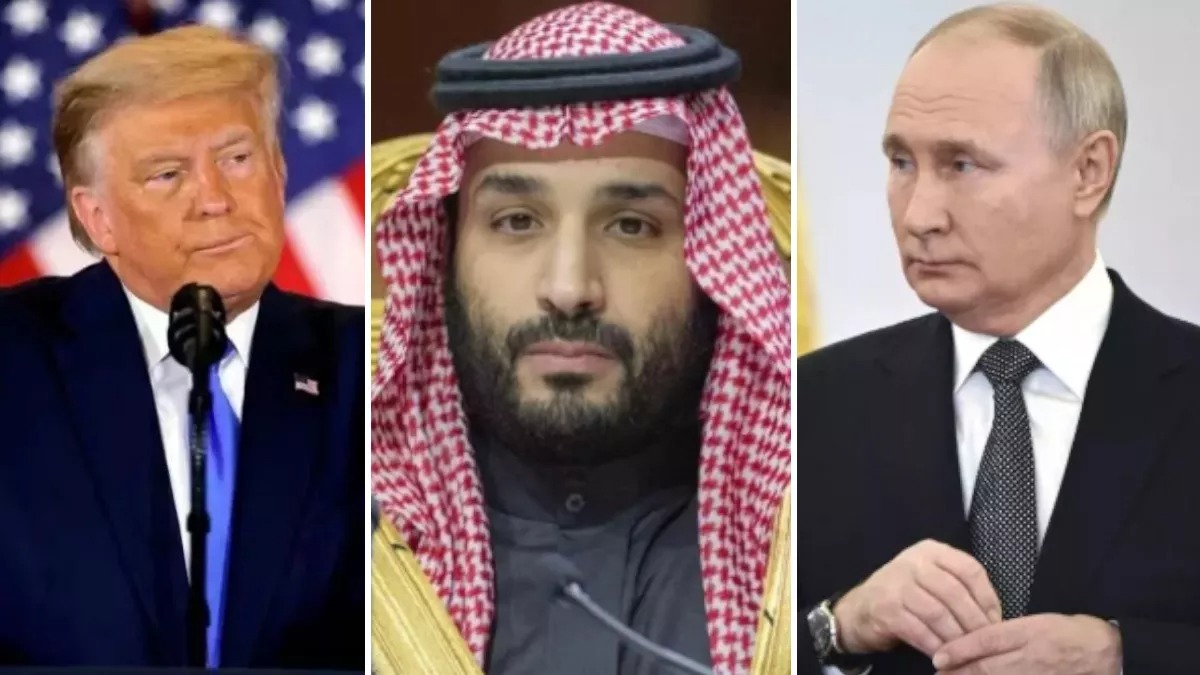
Diplomatic negotiations between the United States and Russia have historically been held in neutral locations, but former U.S. President Donald Trump’s decision to choose Saudi Arabia as a venue for talks raised several questions. Despite differences between Washington and Riyadh on various global issues, Trump saw strategic advantages in holding discussions there.
Saudi Arabia’s Strategic Position
Saudi Arabia holds a unique geopolitical position, serving as a key ally of the U.S. in the Middle East while maintaining cooperative ties with Russia, especially in the energy sector. This dual relationship made it an ideal location for high-stakes negotiations, as both Moscow and Washington could engage in discussions without appearing to favor a Western or Eastern power.
Oil and Energy Interests
One of the primary reasons for selecting Saudi Arabia was its crucial role in global oil markets. As a leading oil producer, Saudi Arabia shares economic interests with both the U.S. and Russia, particularly in stabilizing energy prices. Given the frequent disputes between Washington and Moscow over oil production and market control, Saudi Arabia provided common ground for discussions related to energy diplomacy.
Trump’s Close Ties with Saudi Leadership
During his presidency, Trump maintained strong relations with Saudi Arabia’s leadership, including Crown Prince Mohammed bin Salman. His administration focused on strengthening military, economic, and strategic partnerships with the kingdom. By choosing Saudi Arabia as the venue, Trump reinforced these ties while leveraging the country’s influence to mediate talks with Russia.
A Controlled and Secure Environment
Saudi Arabia provided a highly secure and controlled environment for sensitive negotiations. Unlike European nations that often host such talks, Saudi Arabia ensured discretion, limiting media interference and external political pressures. This factor made it a preferred choice for negotiations involving high-level strategic discussions.
Despite Differences, a Tactical Choice
Although the U.S. and Saudi Arabia had disagreements on certain issues, including human rights and regional conflicts, Trump prioritized strategic interests over ideological differences. By selecting Saudi Arabia as the host for U.S.-Russia discussions, he demonstrated a pragmatic approach to diplomacy, focusing on economic and security benefits rather than political tensions.
In summary, Saudi Arabia’s geopolitical significance, economic influence, and Trump’s diplomatic strategy made it a logical choice for hosting talks between the U.S. and Russia, despite existing differences.
Read More: B-1 bombers struck deep inside Iran to neutralize missile impact, CENTCOM confirms
--Advertisement--

 Share
Share



